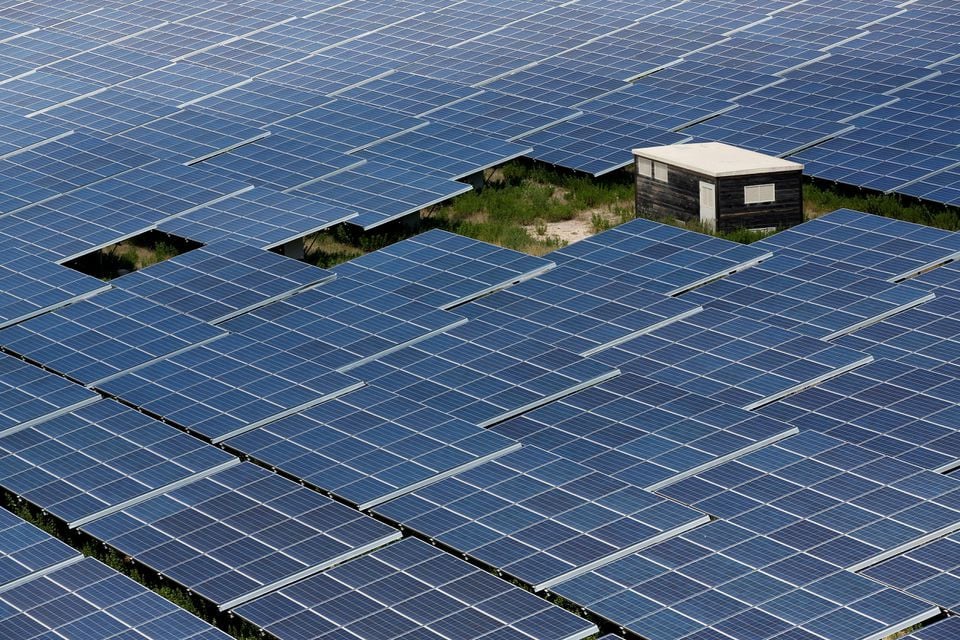
More money is pouring into solar power than all other electricity sources combined, with investments set to reach half a trillion dollars this year, the world’s top energy research body said Thursday.
The International Energy Agency (IEA) forecast in a report that global investment in clean energy this year will hit $2 trillion, twice the amount going to fossil fuels.
It said combined investment in renewable power and grids overtook the amount spent on fossil fuels for the first time in 2023.
Read: Experts call cap on solar energy ‘insane’
“Clean energy investment is setting new records even in challenging economic conditions, highlighting the momentum behind the new global energy economy,” IEA executive director Fatih Birol said in a statement accompanying the agency’s annual World Energy Investment report.
Companies and governments worldwide are raising spending on clean energy production to reduce the carbon emissions from burning fossil fuels that are driving deadly climate change.
The report said improving supply chains and lower costs were driving up investment in forms of so-called clean energy, which include solar panels, wind turbines, electric cars and heat pumps, as well as nuclear power generation.
Combined investment in renewables and nuclear for electricity generation is now set to reach 10 times the amount going to fossil-fuel power, led by solar, with China investing the biggest share.
“More money is now going into solar PV (photovoltaic panels) than all other electricity generation technologies combined,” the report said.
Solar panel costs have decreased by 30 percent over the past two years and in 2024 “investment in solar PV is set to grow to $500 billion as falling module prices spur new investments.”
Read: The battle over solar power pricing
By comparison, global upstream oil and gas investment is expected to increase by seven percent in 2024 to reach $570 billion, following a similar rise in 2023.
The IEA warned however of “major imbalances and shortfalls in energy investment flows in many parts of the world” where clean energy projects remain prohibitively expensive.
Excluding renewable energy giant China, the $300 billion invested by emerging and developing economies remained “far below what is required to meet growing energy demand in many of these countries”.
“More must be done to ensure that investment reaches the places where it is needed most,” Birol said.
The IEA said that meeting medium-term global goals to reduce harmful carbon emissions would require investment in renewable power to be doubled worldwide by 2030.

